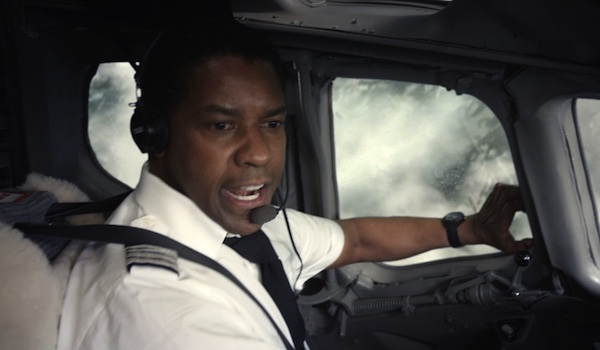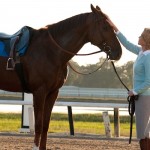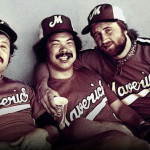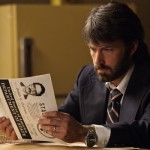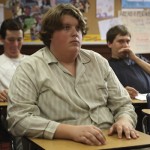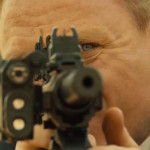Flight Review
Robert Zemeckis’ Flight is a minor miracle of a film that depicts—in absolutely stunning fashion—a real miracle. Or a fictional miracle based on a tragedy—the 2000 crash of Alaska Airlines Flight 261, which killed everyone onboard. Still, Zemeckis’ direction of the plane crash at the heart of the film, Denzel Washington’s killer lead performance, and the film’s surprising ability to overcome the trappings of its genre, are genuinely miraculous.
Washington plays Whip Whitaker (best character name of the year, incidentally), who’s all business when it comes to his day job as a commercial pilot. At night, however, he’s a hard drinker, a cocaine snorter, and a world-class prick.
After some brief character building, we’re quickly taken aboard the flight that will forever change Whip’s life. The plane he’s flying encounters severe turbulence and mechanical failure 30,000 feet above the ground, sending the 102 souls on board into a nose dive. In a move that’s equal parts gutsy and foolish, Whip inverts the plane and lands it in an empty field, saving the lives of all but six passengers.
He’s unquestionably a hero, but with the eyes of the nation glued to his story, details of Whip’s history emerge. His toxicology report is particularly damning, and his hotshot lawyer (Don Cheadle) informs him he could face life in prison. Sadly, this only makes Whip’s disease worse; Despite having his closest friends (Bruce Greenwood and John Goodman) around him while he recovers, the only real antidote for his post-crash blues (as temporary as it might be) is the bottle.
First, the crash. It’s remarkable that someone who hasn’t directed a live-action film for over a decade (since 2000’s Cast Away) could execute such a breathtaking scene. And it’s almost inconceivable that someone could direct a plane crash that tops the one Joe Carnahan filmed in The Grey earlier this year. Like that film, Flight‘s crash scene occurs very early on—a smart move that makes you feel almost instantly connected with the film. In a way, it’s only downhill from there, but that crash is such a high—and such a showcase for the film’s editor (Jeremiah O’Driscoll) and sound team.
The remaining hour-plus becomes a showcase for Washington, who’s as good here as he has been in years and years. It’s Oscar-worthy work for sure, and it’s difficult to conceive of a Best Actor field that doesn’t include his name. The final two-thirds of this film are relatively straightforward in the way they deal with addiction and recovery. That’s not intended to dismiss this material because John Gatins screenplay is very good, but Washington flat-out phenomenal. It’s a juicy role, and there are probably a number of actors who could have pulled it off, but none with the intensity of Denzel.
And yes, beats in this story are familiar, but it all comes together in a very powerful way. This is when it’s nice to have a real pro behind the camera. Zemeckis did something similar with Cast Away. He gets at human truths with filmmaking that walks a fine line between being subtle and in-your-face, poignant and forceful. Whip’s arc is enormous, but he traverses it gingerly, which means there’s always question as to whether he’ll reach the other side.
Viewers expecting some kind of nefarious potboiler (the kind of movie that Flight‘s trailers are promising) very well might walk away disappointed. This is an atypical Denzel Washington movie in so many respects. Yes, he’s granted the opportunity to bang his fists and shout, but these are cries of personal anguish. Yes, there’s an epic set piece that kicks things off, but it’s primarily a character-driven film. And yes, Robert Zemeckis’ has become better known his recent slew motion-capture animation films, but there’s no hint of the uncanny valley here. Quite the opposite, in fact. The emotions depicted are all too real, and by the time Flight releases its proverbial landing gear, you’ll feel moved and almost completely satisfied.

